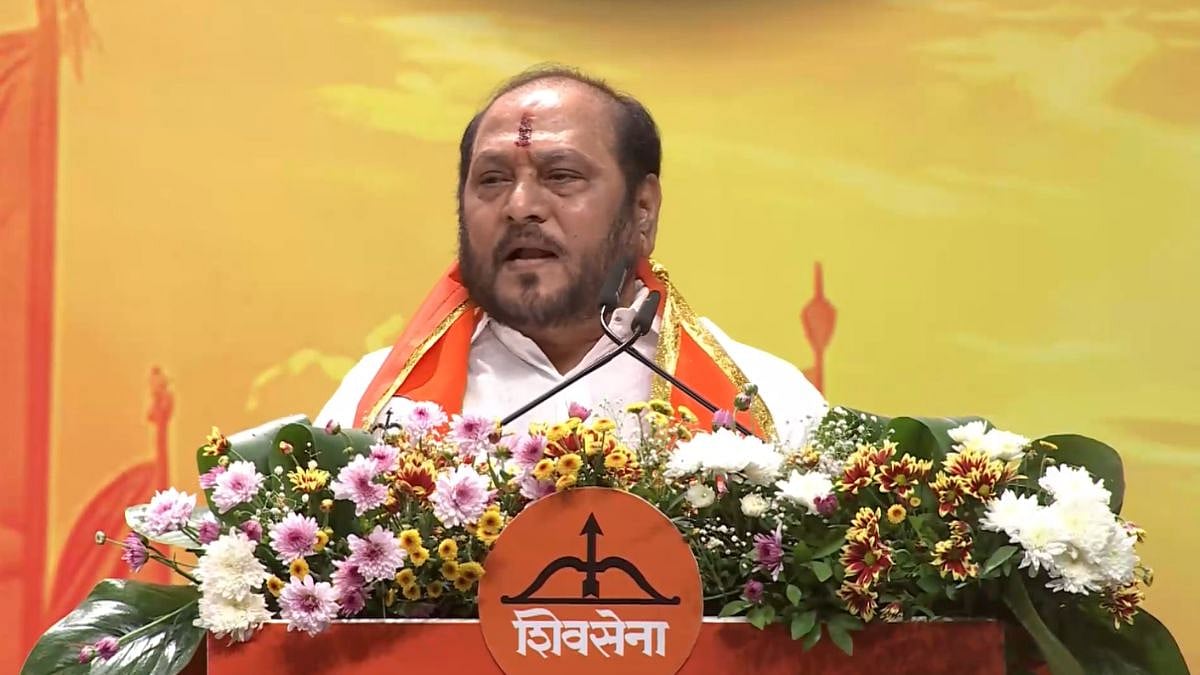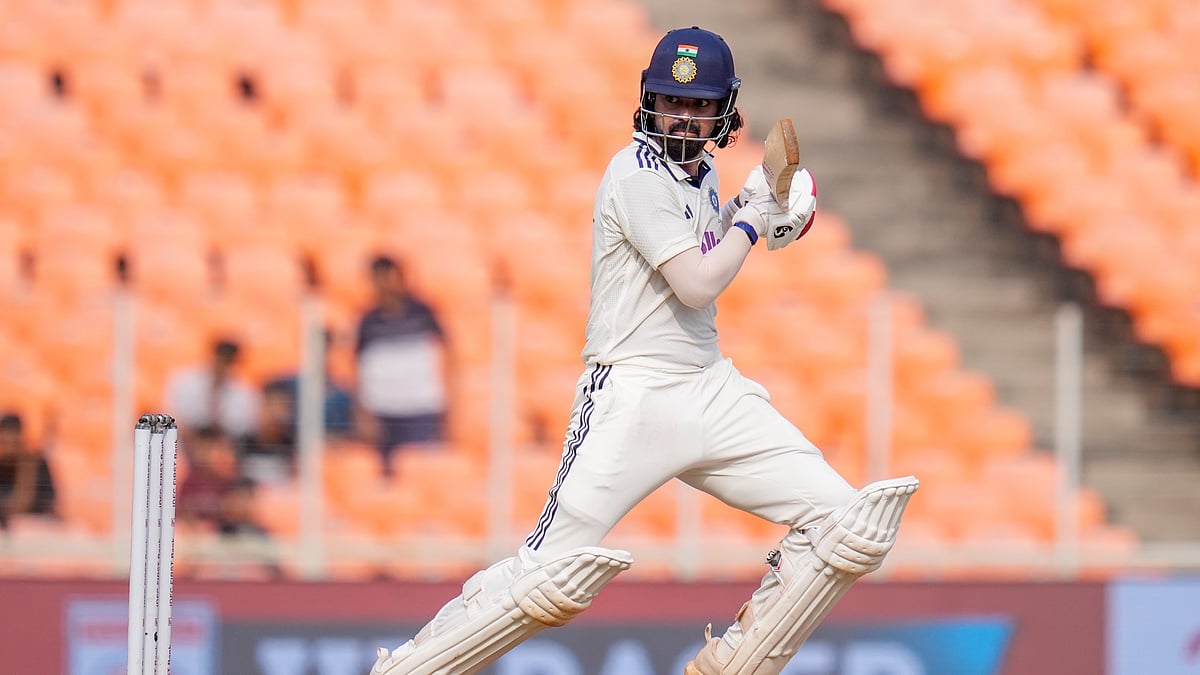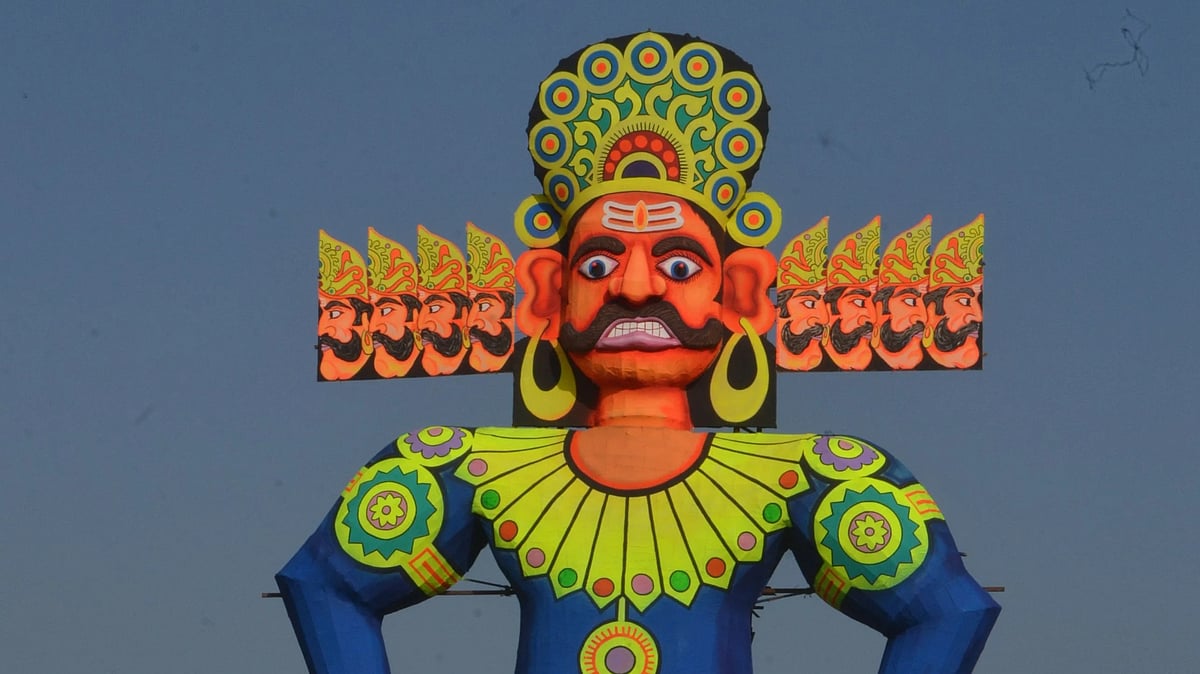Woes of dynastic politics and seat-sharing in alliances are part of any election drama in India. Naturally, there are no exceptions when it comes to this year’s round of assembly polls in four states—West Bengal, Tamil Nadu, Assam and Kerala and the Union Territory of Puducherry.
But what is interesting is that some parties are forced to go through the motions of ‘impartiality’ and ‘strict scrutiny’ in choosing candidates—despite dynastic background calling the shots for them. Take for instance what is happening in Tamil Nadu. DMK president M K Stalin’s son and political heir Udhayanidhi Stalin has had to submit himself to an ‘nerkanal’ or interview by his father and other senior leaders to decide on his application for a ticket to the Chepauk-Tiruvallikeni seat.
Udhayanidhi, who heads the DMK’s youth wing, was quizzed by his father as to how he would handle his constituency (once represented by his late grandfather M Karunanidhi) as well as undertake campaigning for all 234 seats in the state. Interviews of prospective candidates by the top leaders is a standard procedure adopted by the Dravidian parties, to pick on right ones.
Exercise in 'transparency'
Perhaps, Stalin too was interviewed by his father before he got the green signal to contest his first election in 1984 from the Thousand Lights constituency in Chennai and was unsuccessful and, again in 1989, when he contested and won the seat. Just days ago, even as the DMK chief, Stalin has had to file an application to contest from Kolathur for the third time, though he is the sitting MLA.
While these may seem like an exercise in transparent selection process, there is no doubt, however, about the succession line in the DMK after Stalin. Nevertheless, it goes to show that, unlike in the case of Rahul Gandhi, Priyanka or Akhilesh Yadav, who may never be subjected to such exercises, parties like the DMK do not wish to appear to be foisting their heir apparents when dynastic politics is a poll plank.
Eventually, Stalin may let his son Udhayanidhi to contest as senior DMK leaders, who were present at that interview, are more than willing to convince his father about his candidature. Unlike Stalin, who has had to play the second fiddle because Karunanidhi did not hand over the baton to him during his lifetime due to sibling rivalry, Udhayanidhi’s journey to the top and stepping into his father’s shoes may be less excruciating.
Pushy 'Pishi'
In contrast, Mamata Banerjee has chosen to be more brazen in pushing her political heir to the forefront. As a result, she has encountered revolt within her Trinamool Congress. So much so that she had to bring in more than 110 new faces and drop more than two dozen sitting MLAs in the mega battle for Bengal.
As Trinamool leaders left her party in droves, blaming her nephew Abhishek Banerjee (who is already a Lok Sabha MP), Mamata has stood by him—even at the cost of inviting a barrage of criticism from none other than the star campaigner of the BJP—Prime Minister Narendra Modi. “People chose you to be their Didi (elder sister) but you limited yourself to being only one nephew’s aunt.” Abhishek Banerjee remains well-entrenched as her chief lieutenant, who is giving orders on her behalf.
Aloof aunt
But, in an unexpected turn of events, another aunt has chosen to stay away from her nephew, going by the advice of family members. V K Sasikala, who was expelled as AIADMK general secretary when she went to prison, announced on March 3 that she was quitting politics and public life and would not challenge Tamil Nadu Chief Minister E K Palaniswamy’s bid for a second term.
She did not want to appear to be playing the spoilsport and ruin the AIADMK's chances of putting up a good fight against the DMK.
Sharply differing with her nephew T T V Dhinakaran’s politics, Sasikala chose tactical retreat—rather than be blamed for the AIADMK losing power, in the event of a DMK victory in Tamil Nadu.
Sasikala declared that it was important to defeat the common foe—the DMK—for the sake of Jayalalithaa’s honour. Her vow to finish Palanisamy and his deputy O Panneerselvam (OPS), who headed warring AIADMK factions but joined hands against her, will have to wait for another day.
She did not back her nephew Dhinakaran’s plans to split the AIADMK votes in southern Tamil Nadu districts.
In neighbouring Kerala, it is a battle between nepotism involving influential leaders and loyal workers. The CPI(M)’s Palakkad district unit was forced to drop the candidature of Dr P K Jameela Balan, wife of state minister A K Balan, for the Tarur assembly seat. The move came barely a few hours after posters appeared in different parts of Palakkad town and the reserved constituency against her candidature.
Local Marxist leaders minced no words in conveying to their bosses that the decision to field Jameela had caused resentment among the local cadre, who were against a family member contesting when there were hundreds of qualified workers who had toiled for the party from the grassroots.
Only last year, CPI(M) Kerala secretary Kodiyeri Balakrishnan had to step down after his son Bineesh Kodiyeri was sent to jail in connection with a money-laundering case.
Alliance woes
As for the woes of alliances, while the BJP had to quietly accept the AIADMK’s offer of 20 assembly seats without demur, the Congress went through nerve-wracking talks with the DMK for six days. It had to accept the humiliating offer of 25 seats (of the 294 seats in Tamil Nadu).
This too was possible only after Sonia Gandhi spoke to Stalin, perhaps, obtaining an assurance that the DMK would concede two Rajya Sabha seats later. Tamil Nadu Congress chief K S Alagiri even broke down over the ‘shabby’ treatment meted out to his team by the DMK. The Congress had been demanding 41 seats when the DMK reasoned that its strike rate was no more than 20 per cent.
As for Rahul Gandhi and Priyanka Gandhi, who have taken up campaigning for these elections, the latter has shown that she can manage her tasks easily between Assam and Uttar Pradesh, where she is leading the battle for the 2022 assembly polls.
The ongoing farmers’ agitation has prompted Priyanka to undertake back-to-back visits to UP. These trips were planned as an offensive against the Centre’s farm laws by holding ‘kisan panchayats’ in western UP. In contrast, Rahul has managed his image makeover, demonstrating single push-ups in a Tamil Nadu school and jumping into the sea off Kerala coast and swimming with fishermen.
The writer is former Senior Associate Editor, Hindustan Times, and Political Editor, Deccan Herald, New Delhi.










